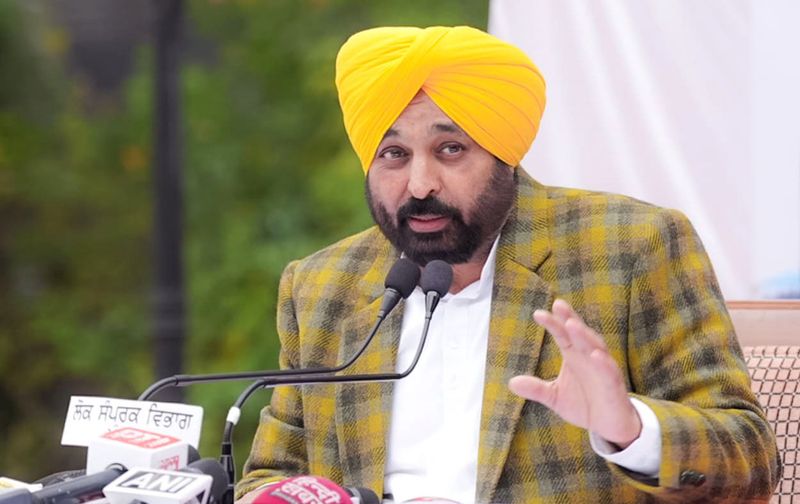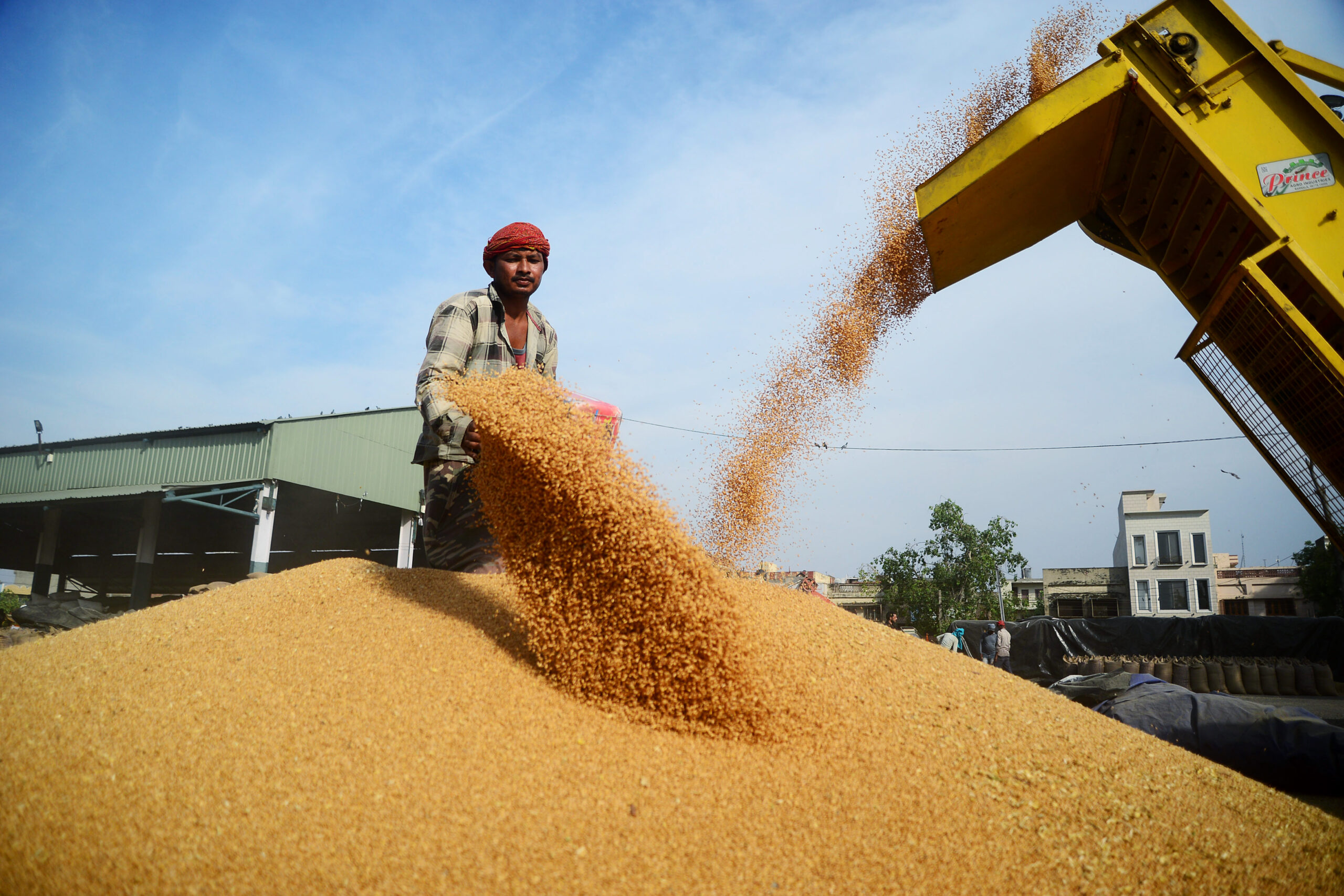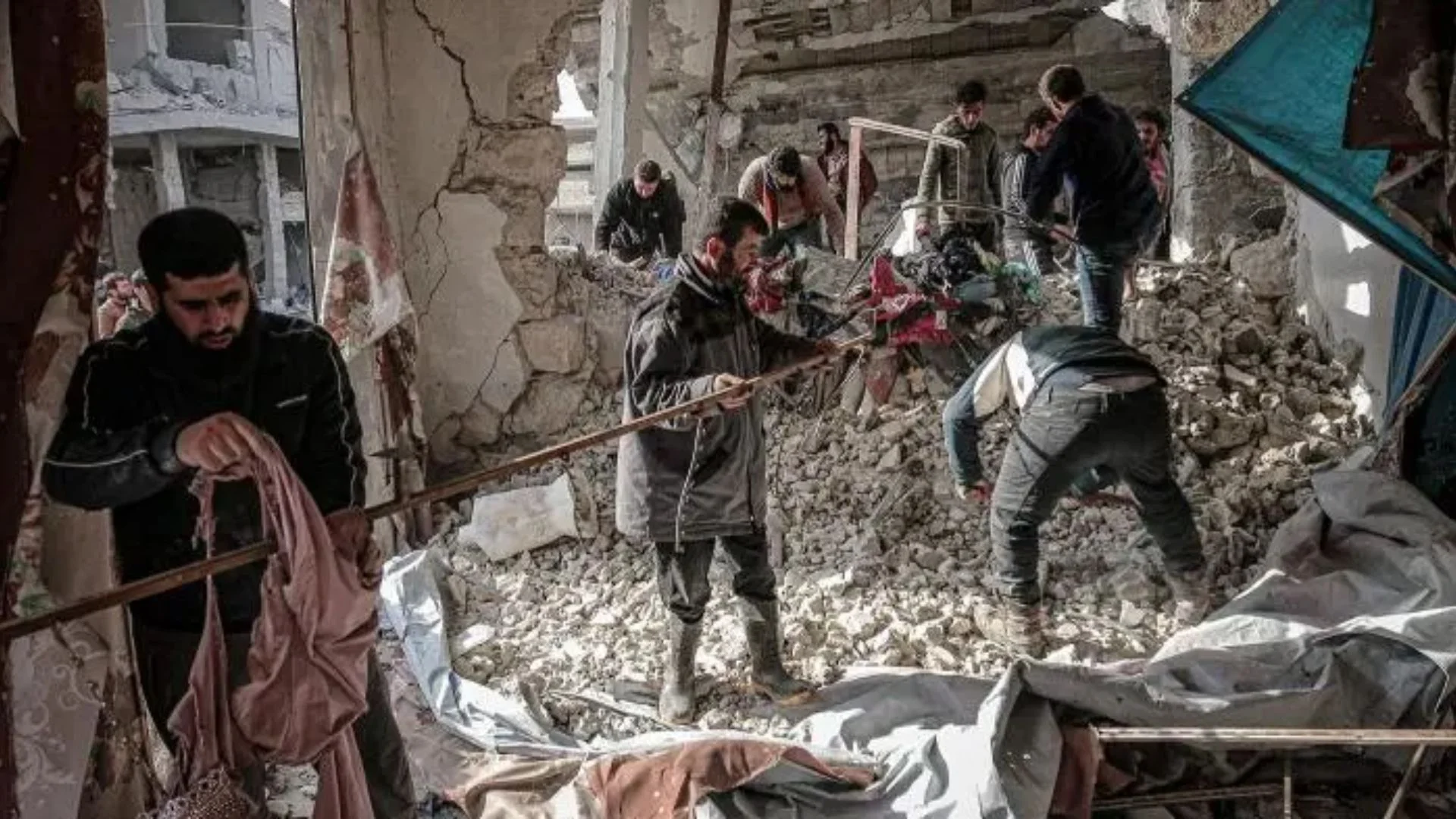No involvement of India in the Canadian elections; Russian FM visits Beijing, Japanese PM visits the US.
This week is ending on a positive note for India as the inquiry into allegations of foreign intervention in Canadian elections concluded that there was no evidence of India at tempting to interfere in Canadian politics. This week, Russia and China have come up with new plans to strengthen their strategic and trade partnership in Europe and Asia to defeat the ‘hegemonic’ power of the US as the Russian Foreign Minister visited Beijing. On the other hand, the US and Japan announced a ‘new era of military cooperation’ this week to counter Chinese manoeuvrings after the Japanese Prime Minister paid a state visit to the US.
Relations between India and Canada took an ugly turn due to obnoxious political ambitions of the Canadian Prime Minister Trudeau (read: vote bank politics) and continued on the same pitch. But, after completion of the latest enquiry to probe into the involvement of India into Canadian elections, India is smiling. The inquiry into allegations of foreign intervention in Canadian elections concluded that there was no evidence of India attempting to interfere in Canadian politics. However, testimony during an official probe revealed that China had interfered in Canada’s last two elections. This news emerged following claims by the Canada Security Intelligence Service (CSIS) that India meddled in the 2019 and 2021 Canadian elections. India had rejected the allegations and reaffirmed its dedication to refraining from involvement in the democratic processes of other countries.
Earlier, while giving a statement on this issue, the spokesperson of the Indian Ministry of External Affairs, Randhir Jaiswal had stated, “We strongly reject all such baseless allegations of Indian interference in Canadian elections”. He also clearly mentioned that “It is not the government of India’s policy to interfere in the democratic processes of other countries. In fact, quite on the reverse, it is Canada which has been interfering in our internal affairs.” This is not the first time Canada is left in red face over its ground less accusations of India. The diplomatic brawl be tween Canadian and Indian governments started after Trudeau alleged Indian government for playing a pivotal role in the Khalistani terrorist Nijjar’s killing last year. India always remained supportive towards Canada. Despite this, Trudeau chose his personal political goals over the national interests of Canada and spoiled India Canada relations.
There is a group of separatists of Indian origin in Canada who not only openly support Khalistan movement in India, but also fund the movement sitting from Canada. India suggested Canadian government many times no to promote any such people or groups.
Despite this, Trudeau alleged that Indian government has a role in killing of Hardeep Singh Nijjar. Nijjar was the chief of the Khalistan Tiger Force and was a declared terrorist by Indian government. But, to save his political power and the post, Trudeau supported Khalistani activists in Canada that directly impacted Indian security and politics. Basically, Trudeau is running a minority government and cannot afford to miss the support of New Democratic Party and Jagmeet Singh who is an open Khalistan supporter and critic of Indian government. Thus, his political ambitions soured India-Canada relations.
On the other hand, Russia and China have decided to explore opportunities for strengthening security collabo ration in Europe and Asia as a response to the US’ efforts to assert influence in these regions. According to Foreign Minister Sergei Lavrov, this decision was announced following discussions held in Beijing this week. The two countries already have “no limits” partnership since February 2022. This meet is considered as a critical one considering the ongoing Russia-Ukraine war and the theatre of Indo-Pacific.
While the Russian Foreign Minister Sergey Lavrov was busy in meeting his counterpart in Beijing, Japan and the US announced a ‘new era of military cooperation’ this week as the Japanese Prime Minister paid a state visit to the US and signed 70 agreements on defence cooperation. Kishida in formed journalists that the two leaders had specially ad dressed the strained relations between Taiwan and China and committed to supporting the international order founded on legal principles. “We affirmed that any efforts to alter the current situation through force or pressure without agreement are completely unacceptable,” stated Kishida. He also announced that Japan, the US, and Australia would also establish a networked system for air defense and missile architecture apart from conducting a trilateral military exercise involving Japan, the US, and the UK.
Though all these visits are planned with the individual political ambitions, these visits and dialogues provide a much-needed opportunities and space to the leaders and nations in the global politics. These visits work as refreshing disruptions where the leaders can at least discuss various issues and plausible solutions. These dialogues can be a vital vehicle of strengthening and promoting bilateral as well as multilateral relations. In this multi-dimensional world of complex interdependence, these dialogues make the leaders understand each other’s needs leading them towards a win-win situation for both the sides. Hope the humanity wins through these visits, dialogues and diplomacy.
The author is Professor, School of International Studies, JNU







